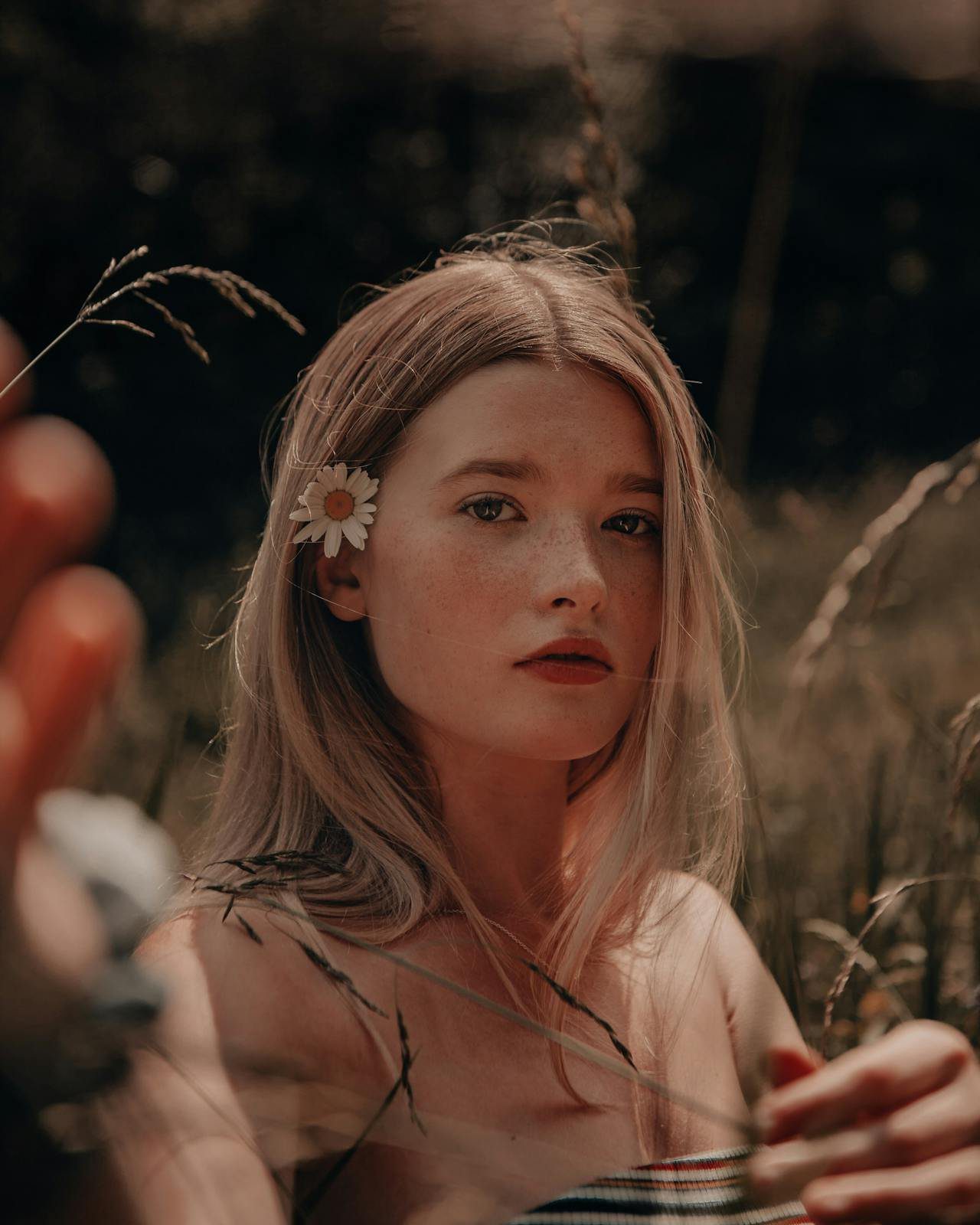Appreciating flowers goes beyond just admiring their beauty. It involves understanding their biology, symbolism, and the emotions they evoke. Here’s a guide to help you deepen your appreciation for these natural wonders:
1. Understanding Flower Anatomy
-
Petals: The colorful part of the flower that attracts pollinators.
-
Sepals: Green leaf-like structures that protect the flower bud.
-
Stamens: The male reproductive part, consisting of anthers and filaments.
-
Pistil: The female reproductive part, including the stigma, style, and ovary.
2. Exploring Flower Symbolism
Flowers have different meanings across cultures:
-
Roses: Love and gratitude.
-
Sunflowers: Adoration and loyalty.
-
Lilies: Purity and virtue.
-
Chrysanthemums: Joy and optimism1.
3. Observing Flowers in Nature
Spend time in gardens, parks, or botanical centers. Observe the variety, shapes, and colors of flowers. Notice how they interact with their environment and pollinators2.
4. Cultivating Sensitivity
Develop a keen sense of observation. Pay attention to the subtle details like the texture of petals, the fragrance, and the arrangement of flowers in a bouquet.
5. Learning About Flower Care
Understanding how to care for flowers can enhance your appreciation:
-
Watering: Different flowers have different water needs.
-
Sunlight: Some flowers thrive in full sun, while others prefer shade.
-
Soil: The right soil type can make a big difference in flower health.
6. Creating Floral Arrangements
Experiment with arranging flowers. This can help you appreciate the balance and harmony in floral designs. Try combining different colors, shapes, and sizes to create visually appealing arrangements.
7. Exploring Floriography
Floriography, or the language of flowers, is a fascinating way to understand the historical and cultural significance of different blooms3. For example, in Victorian times, flowers were used to convey messages and emotions.
8. Engaging with Floral Art
Look at how flowers are depicted in art and literature. This can provide insights into how different cultures and artists perceive and appreciate flowers.
